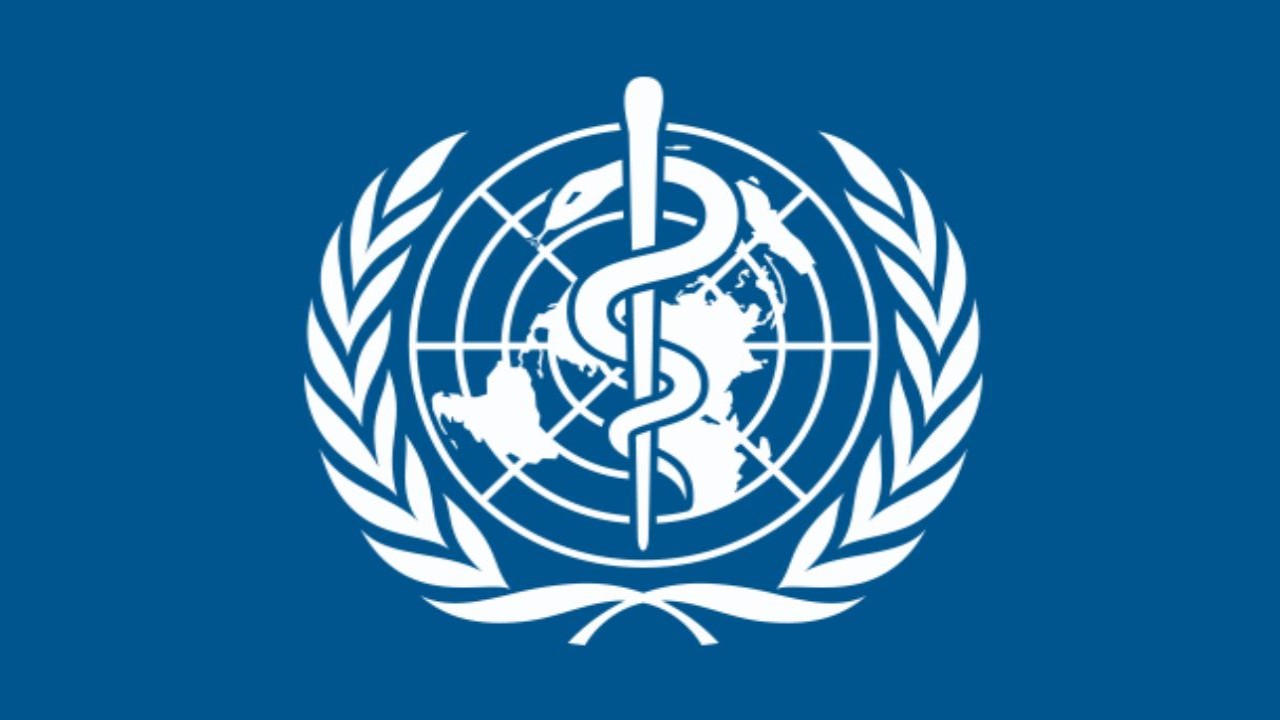According to a recent study published in The New England Journal of Medicine, the new anti-HIV injection lenacapavir has demonstrated 100% efficacy in preventing HIV infections in women.

A recent study published in The New England Journal of Medicine has shown that a new anti-HIV injection known as lenacapavir is 100% effective in preventing HIV infections in women. This exciting breakthrough has the potential to revolutionize HIV prevention by offering a convenient and effective option for at-risk individuals.
Breakthrough Results in HIV Prevention
The PURPOSE 1 trial, conducted with teenage girls and young women from South Africa and Uganda, demonstrated that lenacapavir, an injectable drug administered twice a year, effectively prevents HIV infections.
Remarkably, none of the participants who received lenacapavir contracted human immunodeficiency virus, resulting in a 100% efficacy rate. Gilead Sciences, Inc., the biopharmaceutical company behind the drug, highlighted these impressive results in a recent statement.
human immunodeficiency virus, poses a significant health risk as it spreads through bodily fluids. Without treatment, the human immunodeficiency virus can progress to AIDS (acquired immunodeficiency syndrome), which severely weakens the immune system.
The study’s findings offer hope for a more accessible and long-term HIV prevention strategy, especially for women, who are disproportionately affected by the virus.
Study Details and Participant Groups
The PURPOSE 1 trial included 5,338 HIV-negative participants who were divided into three groups. One group, consisting of 2,134 individuals, received lenacapavir injections every 26 weeks.
The second group, with 2,136 participants, took daily oral doses of Descovy (F/TAF), while the third group, with 1,068 participants, took daily oral doses of Truvada (F/TDF). The study observed 55 AIDS infections: 0 in the lenacapavir group, 39 in the Descovy group, and 16 in the Truvada group.
Dr. Linda-Gail Bekker, Director of the Desmond Tutu HIV Center at the University of Cape Town in South Africa and the study’s first author, expressed optimism about the findings. She stated, “These stellar results show that twice-yearly lenacapavir for PrEP, if approved, could offer a highly effective, tolerable, and discreet choice that could potentially improve PrEP uptake and persistence, helping us to reduce HIV in cisgender women globally.”
Safety and Side Effects
Among participants who received lenacapavir, the most common side effects were injection-site reactions, which affected nearly 70% of them. These reactions included minor symptoms such as redness, swelling, and pain at the injection site. Importantly, no serious adverse effects were reported, indicating that lenacapavir is a safe option for aids prevention.
The lack of significant safety concerns is encouraging, as it suggests that lenacapavir may be a viable long-term treatment option. The convenience of semi-annual injections is also a significant advantage, potentially improving adherence compared to daily oral medications. This could be especially beneficial in areas with limited access to healthcare, where regular medical visits are challenging.


